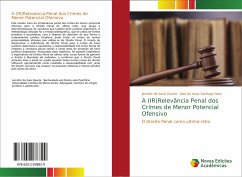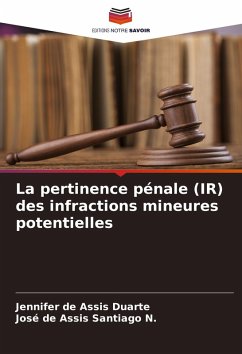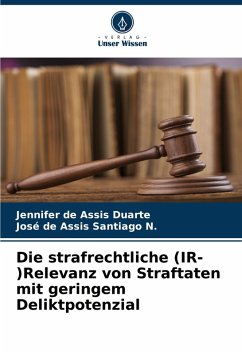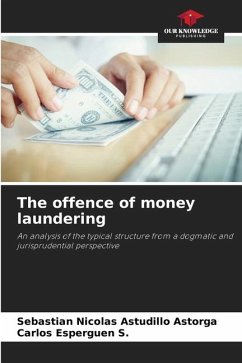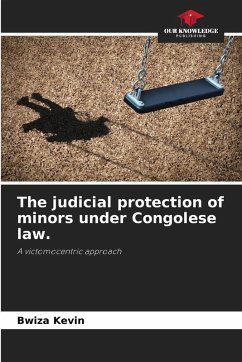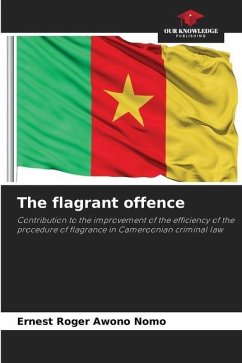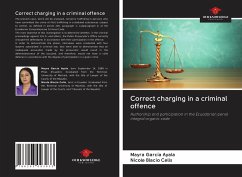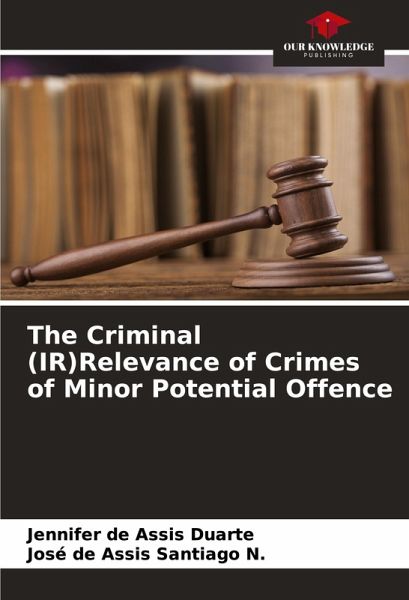
The Criminal (IR)Relevance of Crimes of Minor Potential Offence
Versandkostenfrei!
Versandfertig in 6-10 Tagen
24,99 €
inkl. MwSt.

PAYBACK Punkte
12 °P sammeln!
This study deals with the criminal (ir)relevance of crimes of lesser offensive potential in the face of ultima ratio criminal law, which preaches the decriminalisation of conduct that protects available legal assets. The methodology used was a bibliographical review, using primary and secondary sources, with the aim of discovering how the Brazilian legal system can deal with crimes of lesser offensive potential without using criminal law. The aim of demonstrating the inefficiency of criminal law in protecting available legal assets is to present civil liability as a way of responding to less h...
This study deals with the criminal (ir)relevance of crimes of lesser offensive potential in the face of ultima ratio criminal law, which preaches the decriminalisation of conduct that protects available legal assets. The methodology used was a bibliographical review, using primary and secondary sources, with the aim of discovering how the Brazilian legal system can deal with crimes of lesser offensive potential without using criminal law. The aim of demonstrating the inefficiency of criminal law in protecting available legal assets is to present civil liability as a way of responding to less harmful behaviour and as a branch of protection for available legal assets. Having achieved these objectives, it was possible to establish the importance of criminal law as an ultima ratio, as a way of guaranteeing the individual's right to freedom, and to confirm that criminal law should and can only be used when all other branches of law have failed, resulting in civil liability, a branch of civil law that aims to compensate for the material and moral losses suffered by the victim of the damage.





